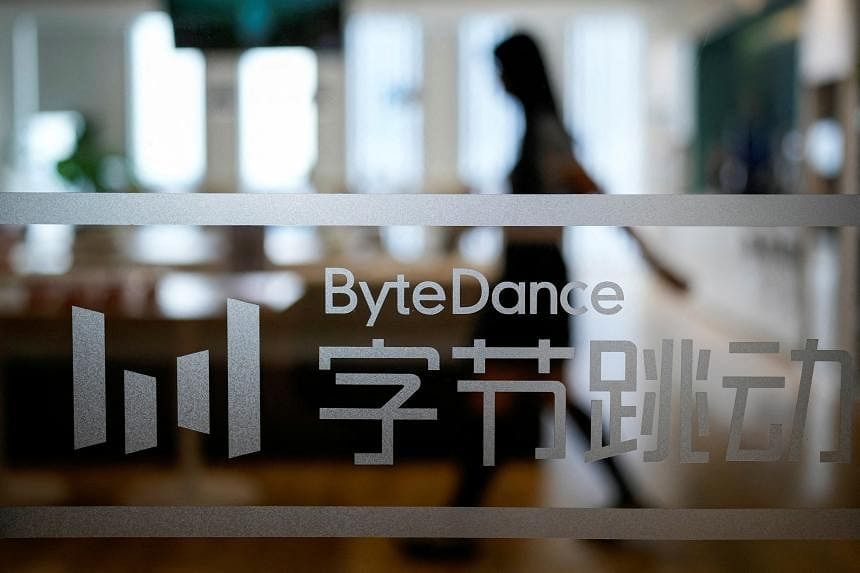ByteDance fails to block trademark application for now-defunct short video app

Source: The Straits Times
Author: Aqil Hamzah
SINGAPORE - TikTok's parent company ByteDance failed to block an application by a Singapore-based firm to register the trademark of its short video app Tiki, which it said was similar to the marks it registered for its popular social media platform.
In a legal decision published by the Intellectual Property Office of Singapore (Ipos) on June 14, principal assistant registrar Mark Lim said ByteDance was unable to convince him that the marks were similar, nor did it establish the element of misrepresentation, which led to his decision.
Singapore-based Dol Technology had first applied to register the trademark for Tiki in 2021, leading ByteDance to file its notices of opposition subsequently on December 23, 2021, and January 18, 2022.
The Tiki app by Dol Technology was launched in India on February 22, 2021, and allowed users to "create, watch and share short videos with friends".
It shut down on June 27, 2023, citing challenges faced by the tech industry.
Explaining his decision, Mr Lim said the marks for Tiki and TikTok were "visually and conceptually dissimilar", and "aurally similar only to a low extent" when their names are read aloud.
The TikTok logo for one depicts a musical note, compared to Tiki's use of a stylised letter "T" incorporated into a play icon, he explained.
He added that if he decided otherwise, it would mean all two-syllable words that begin with "tic", such as ticket, ticker, or Tic Tac, would be considered to be similar to TikTok's trademark.
Because the trademarks were dissimilar, Mr Lim said he did not believe the average consumer would be confused between the two.
However, he acknowledged that the goods and services covered by the trademarks overlapped, with Dol Technology not addressing the matter in its submissions.
He awarded Dol Technology costs amounting to $9,000, adding that ByteDance had exceeded the page limits in its submissions, which would affect costs.
In one, its documents of evidence spanned 345 pages, exceeding the 300-page limit prescribed. Another set of documents, issued in reply to those presented by Dol Technology, came in at 103 pages - three more pages than the limit of 100.
